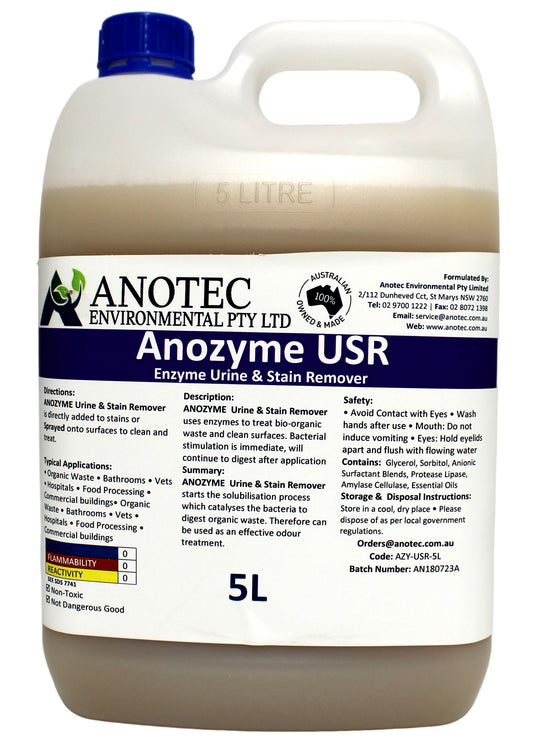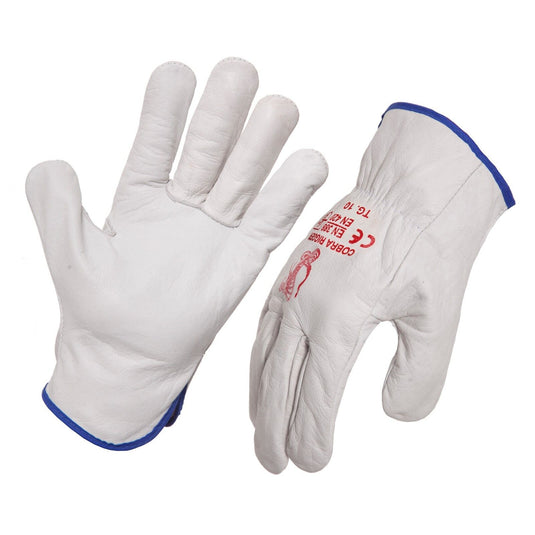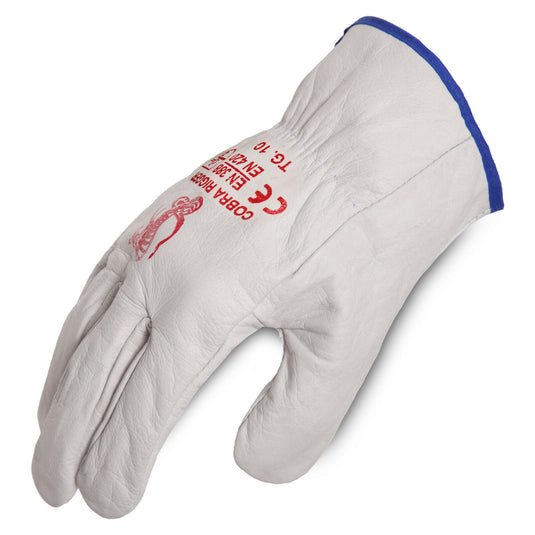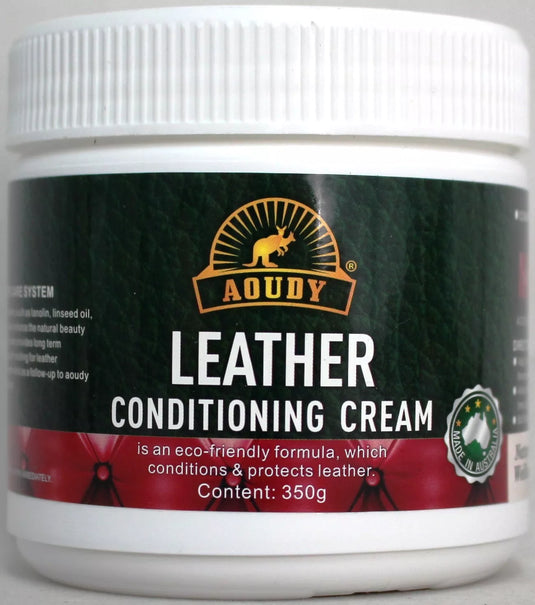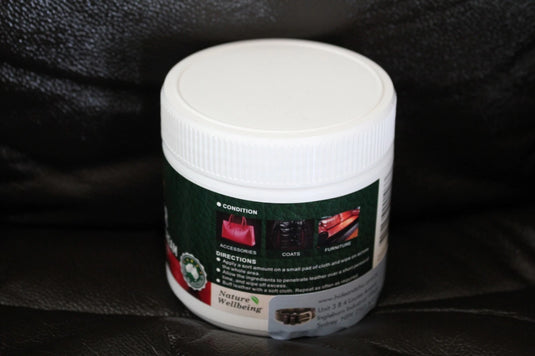Leather Purses for Women
Designed for everyday ease, our genuine leather purses for women offer a simple and reliable way to keep your essentials in order. Hide & Chic focuses on practical layouts, comfortable sizing and durable finishes that suit daily use, whether you are heading out for work, running errands or travelling light. Timeless in style and easy to carry, these purses are made to fit naturally into your routine.
